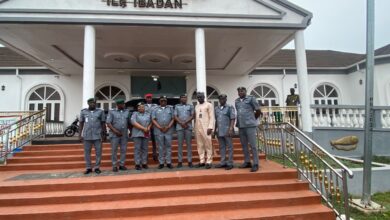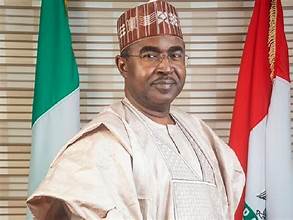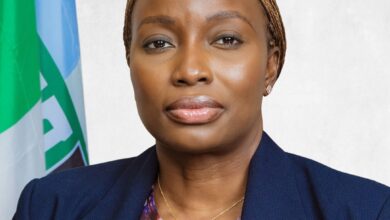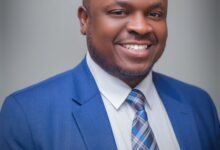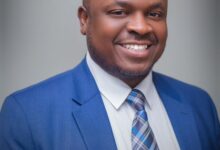ICPC, NUJ, Others Forge Alliance Against ‘Endemic’ Corruption in Nigeria
...As Aliyu, Isiguzo seek more investigative reports, better protection for journalists
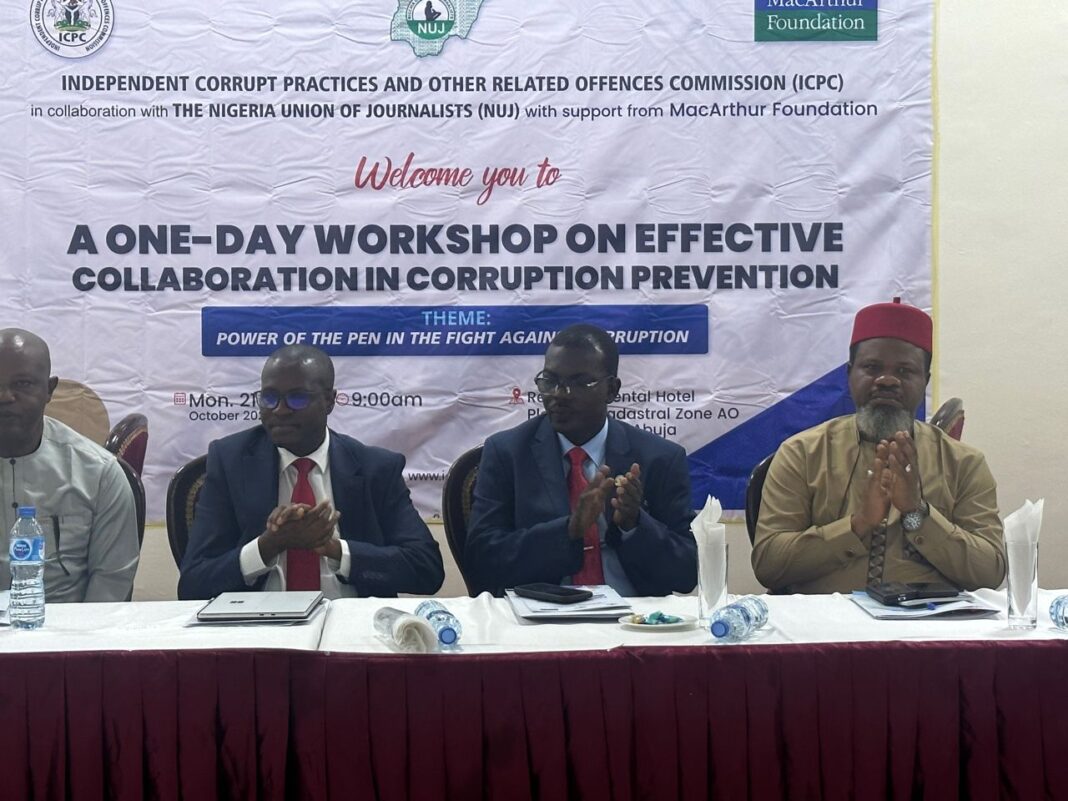
By Dotun Akintomide
Nigeria’s war against corruption received a boost, yesterday, as journalists and other stakeholders drawn from across the country caught fresh fire to go all out in providing critical support for the Independent Corrupt Practices and Other Related Offences Commission (ICPC) in its efforts to stamp out corruption-an endemic malaise-from the country.
Anti-corruption voices spoke in unison at a one-day workshop in Abuja, which navigated collaborative strategies between the media and ICPC, aimed at strengthening the war against corruption which has continued to pilfer away the country’s commonwealth, up to the tune of $18 billion yearly, according to figures released earlier this year by the Centre for the Study of Economies of Africa (CSEA).
“The media is a key ally in our fight against corruption. Without the work of investigative journalists and robust reporting, much of the corruption we see today would remain hidden from the public eye,” ICPC Chairman, Dr. Musa Adamu Aliyu said in his opening remarks at the workshop, entitled: ‘the Power of the pen in the fight against corruption’. The event was jointly hosted by the ICPC and the Nigeria Union of Journalists (NUJ) with support from the MacArthur Foundation.
The ICPC helmsman urged journalists to ramp up their efforts in exposing corrupt practices and promoting good governance, pointing out that the media has a unique ability to influence public opinion and mobilize citizens towards collective action against corruption.
Aliyu said: “Information is one of our most important tools, and this is where the media comes in. The power of the press through investigative journalism cannot be overstated. As we know, the media plays a pivotal role by sharing public opinion, driving accountability, investigative journalism, exposing corruption, holding public officials accountable and facilitating transparency.
“After 24 years of dedicated work in anti-corruption”, he stressed that the anti-graft agency formed on 29th September, 2000, following Nigeria’s return to civil rule “is more than ever committed to effective collaboration with all critical stakeholders in the fight against corruption.”
President of the Nigeria Union of Journalists (NUJ), Comrade Chris Isiguzo tasked journalists to continue to hold the feet of corrupt officials to fire by constantly beaming searchlight on all forms of corrupt practices and injustices in the society.
“Today, we are gathered here as journalists from across the nation, united by a shared goal: to explore the immense potential of the media as a force for positive change, especially in combating corruption. Corruption remains one of the greatest impediments to Nigeria’s progress.”
Isiguzo continued: “It undermines development, widens inequality and perpetuates a cycle of poverty and instability. As journalists, we hold the power to shine a light on these injustices, to expose the truth, and to advocate for the transparency and accountability that are the bedrock of any functioning democracy.”
While noting that journalists are “change agents”, the NUJ President, however, highlighted the inherent dangers that journalists often face while trying to expose corruption. He stated that “journalists should not be forced to choose between their duty to the public and their personal safety.
“We need comprehensive policies that guarantee the security of investigative journalists and whistleblowers, ensuring that their important work does not result in harm. This includes creating mechanisms for reporting threats, providing legal support, and fostering a safe environment where journalists can carry out their work with confidence.
“I call on the government, civil society organizations, and media owners to ensure that journalists are well-equipped and protected, both physically and legally, to investigate and report on corruption without interference. The pen is mightier than the sword, but it must be wielded with safety in mind,” Isiguzo added.
On his own part, Dr. Kole Shettima, the Country Director of MacArthur Foundation, urged the media to always spotlight positive-cum-transformative stories and to not focus on negative stories alone while covering developments in Nigeria’s anti-corruption sector.
“The media plays an instrumental role in shaping perceptions and narratives. It is crucial to expose corruption, but it is equally important to promote individuals and institutions that are making positive contributions to the country’s development.
“When the public sees positive examples, it not only strengthens trust in institutions but also encourages more people to engage in ethical practices,” Shettima stated.
Speaking as a member of the panel of discussion, NUJ Secretary, Comrade Achike Chude, who spoke on the event theme lamented that the ‘pen of corruption’ is constantly at war with the media pen, lamenting “good people are now under threat in the country due to their insistence on what is right.”
Chude, who rallied participants towards the anti-graft fight added: “Not all of us have the means to leave the country. It means we’re destined to be here and if we’re destined to be here, we have to take ownership of our country.”
He restated the critical need for increased funding for the ICPC to boost its anti-graft war, reiterating that an enhanced financial support for the agency would equip the commission with the necessary resources to effectively combat corruption and promote transparency within governmental and public sectors.
Chude, a civil rights activist, highlighted specific areas where funding could make a significant impact, including the expansion of staff training programs, the improvement of investigative tools, and the implementation of community awareness initiatives to educate the public about the dangers of corruption.
“Without resources, there’s a limit to what the ICPC can do. You need resources in terms of materials and funding. You need resources in terms of manpower, even information,” the NUJ General Secretary opined, tasking the ICPC to further engage rural based radio stations in local languages as well as grassroots NGOs to further its campaign against pervasive corruption in the country.
Earlier, Senator Kaka Shehu Lawal, who represented the Chairman, Senate Committee on Anti-Corruption, stressed the need for collaboration with the media in fighting corruption.
“The media remains a powerful agenda-setter in any society. Your pens, your microphones and your cameras hold the power to shape narratives, expose wrong-doings, drive social change and amplify the call for transparency, accountability and integrity in governance,” he stressed.
Senator Lawal continued: “As representatives of the people, the National Assembly has continually demonstrated its unwavering support in the fight against corruption through legislative reforms, oversight and budgetary appropriations aimed at strengthening anti-corruption institutions and cannot fight this battle alone; they need the support of the media, the civil society and all of us to succeed.”
Charting the way-forward to meaningfully drive the anti-corruption campaign, in his keynote address, the President and Chairman of Council, Nigerian Institute of Public Relations (NIPR), Dr. Ike Neliaku listed ‘new approach, new narrative, rebuilding citizen’s trust, popularising the fight and preaching prevention’ as crucial steps that must be urgently taken to shore up support for the fight against corruption among the Nigerian public.
“Nigeria needs a new narrative to engage citizens against corruption so as to reduce the glamour of corruption among Nigerians,” Neliaku said.
The one-day workshop which was held in Abuja drew diverse participants nationwide, including journalists, editors, legal experts, representatives from civil society organizations, key government officials and federal lawmakers.






